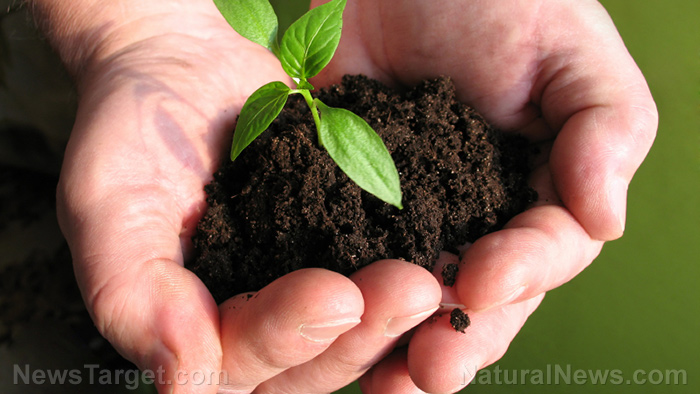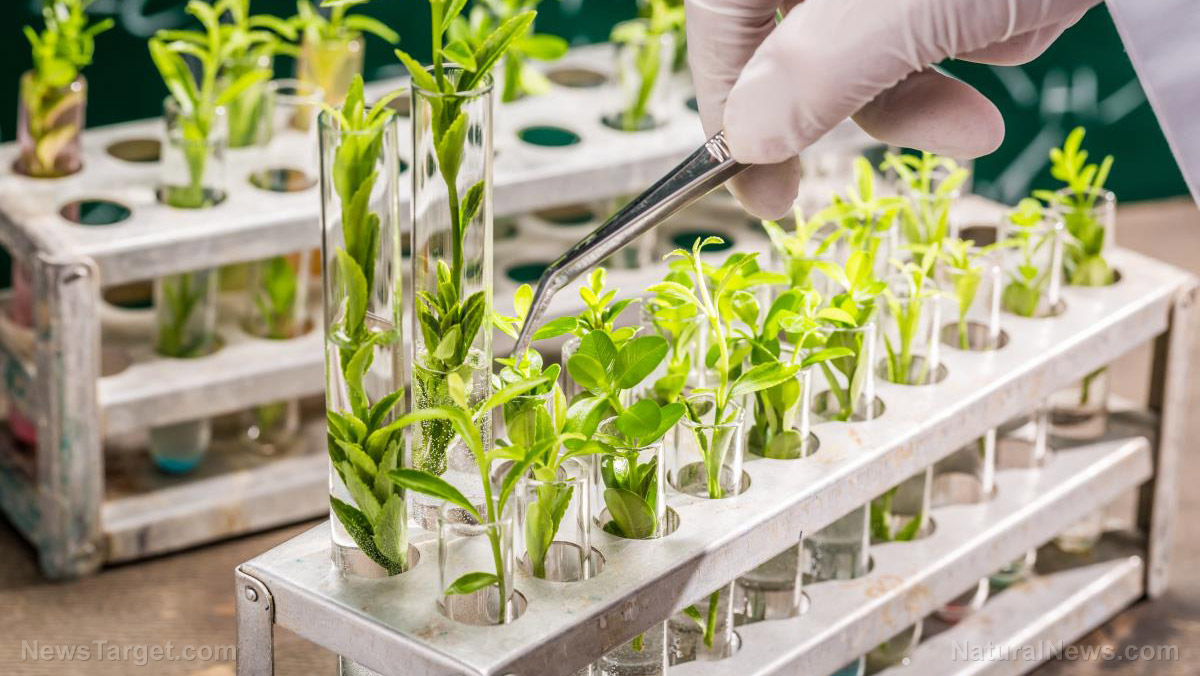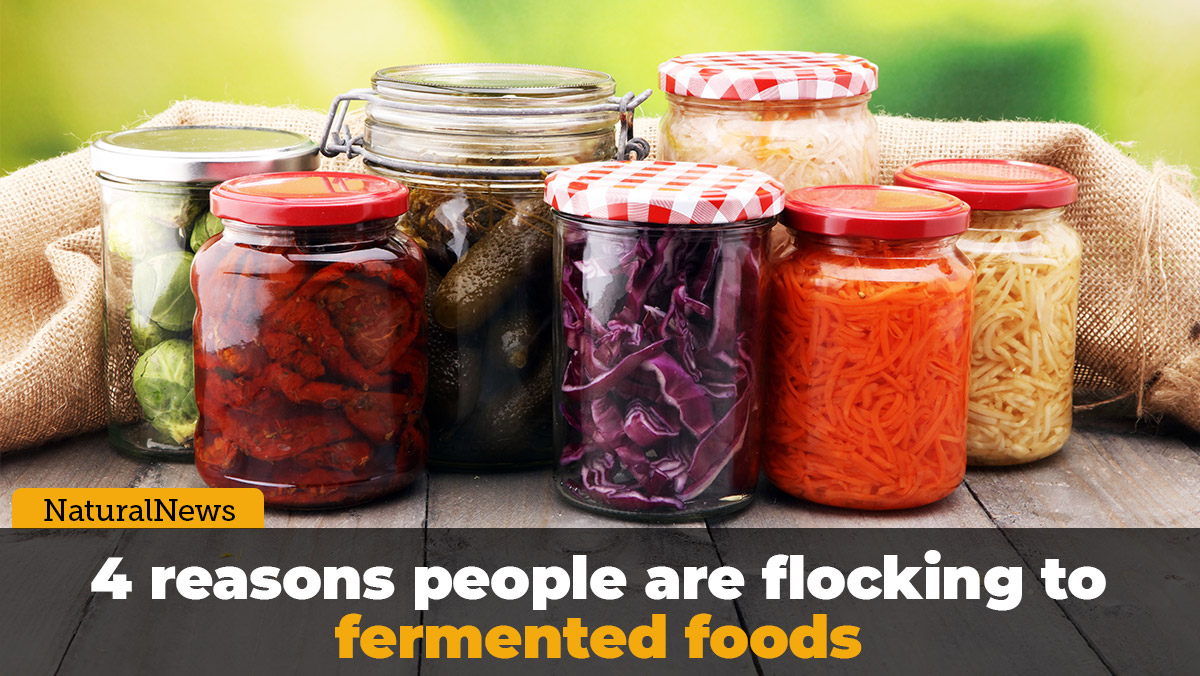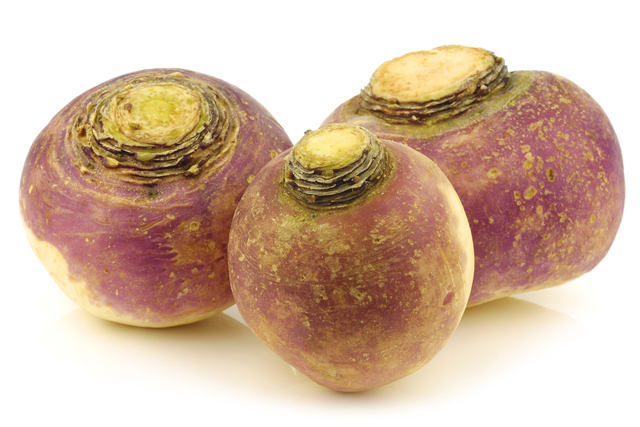Chinese Cabbage – sources, health benefits, nutrients, uses and constituents at NaturalPedia.com
08/03/2017 / By Frances Bloomfield
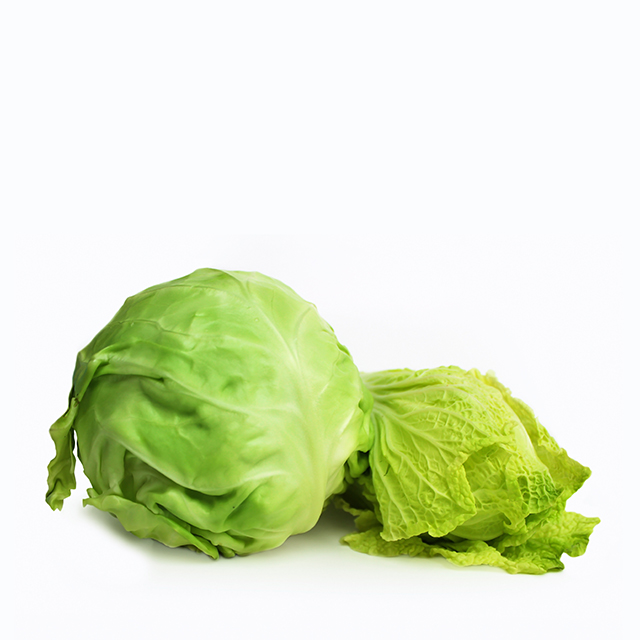
Chinese cabbage (Brassica rapa subsp. Chinensis), also known as bok choy or pak choi, is a green leafy vegetable native to China, where it has been cultivated for thousands of years. This winter-hardy vegetable is highly popular in China and Southeast Asia, particularly in Vietnam and the Philippines. Chinese cabbage has captured the attention of the western world in recent years due to to its highly nutritious leaves and stalks.
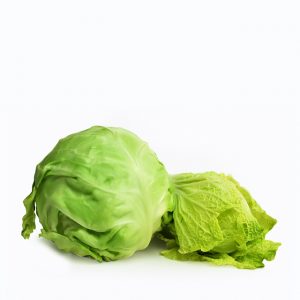
List of known nutrients
Part of the growing demand for Chinese cabbage can be attributed to its low calorie count, with 100 grams carrying only 13 calories. Although low in calories, Chinese cabbage is an excellent source of many important vitamins, minerals, and phytonutrients, which include:
- Calcium
- Dietary fiber
- Flavonoids
- Folate
- Glucosinolates, including isothiocyanates
- Iron
- Lutein
- Magnesium
- Manganese
- Phosphorus
- Potassium
- Vitamin A
- Vitamin B1 (Thiamine)
- Vitamin B2 (Riboflavin)
- Vitamin B5 (Pantothenic Acid)
- Vitamin B6 (Pyridoxine)
- Vitamin C
- Vitamin K
- Zeaxanthin
Thanks to its varied and abundant concentrations of manganese, zinc, and vitamins A and C, Chinese cabbage can be considered a good source of antioxidants, which are helpful substances that play an important role in keeping the body’s cells healthy and protected from free radical damage.
As a cruciferous vegetable, Chinese cabbage contains glucosinolates. These naturally occurring components give vegetables like Chinese cabbage a pungent aroma and health benefits that include inflammation reduction, detoxification support, and immune system stimulation.
Medicinal uses for Chinese cabbage
Eating Chinese cabbage on a frequent basis is said to reduce the risk of a number of diseases, such as:
- Cancer
- Diabetes
- Fever
- Heart disease
- High blood pressure
- Inflammation
- Mucous
- Osteoporosis
Chinese cabbage has the essential nutrients to keep osteoporosis at bay: calcium and phosphorus aid in bone mineralization, magnesium creates collagen, and vitamin K regulates the bone mineralization process. Moreover, a single cup of Chinese cabbage can deliver 64 percent of the recommended daily value of vitamin K and 16 percent of the recommended daily value of calcium, making it all the easier to prevent bone fractures.
By working in conjunction with potassium, magnesium and calcium can naturally decrease blood pressure and keep it at a normal level.
Note: Chinese cabbage is generally healthy but should be consumed in limited amounts or avoided by individuals with thyroid dysfunction. Like all cruciferous vegetables, Chinese cabbage has goitrogens or chemical compounds that can lead to goiter if taken regularly and in high amounts.
Body systems supported by Chinese cabbage
- Heart
- Immune system
- Liver
- Lungs
- Skeletal system
- Skin
- Stomach
In addition to lowering and steadying blood pressure, Chinese cabbage promotes heart health with vitamin B6 and folate. These two nutrients ensure that there is no buildup of homocysteine, a compound that has been linked to blood vessel damage. Furthermore, Chinese cabbage has zero cholesterol.
The high vitamin C content in Chinese cabbage is good for the skin as well since vitamin C is necessary for collagen, the substance that renews and repairs skin.
Ways to use Chinese cabbage
The easiest way to enjoy Chinese cabbage is as a simple stir fry. Chinese cabbage prepared this way can be eaten as is or served with tofu and meat to make it more substantial a meal.
Apart from stir fry, Chinese cabbage does well in salads, wraps, sandwiches, and slaw.
Note: when purchasing Chinese cabbage from the grocery, choose firm and fresh heads that feel heavy for their size. Avoid heads with leaves that appear bruised or wilted.
Where to learn more
- Amazing Health Benefits Of Bok Choy
- Bok choy a powerful anti-inflammatory, has many other health benefits
- Bok choy can help fight cancer, improve eye health and maintain a healthy heart
- Chinese cabbage, oriental fresh medicine
- Green Your Plate with Chinese Cabbage
Summary
Chinese cabbage is a low-calorie, nutrient-dense vegetable that contains a multitude of essential minerals and vitamins. The combination of nutrients makes it one of the best foods for supporting the heart and skin, and a good preventive measure against osteoporosis and high blood pressure.
Individuals with thyroid disorders should consume Chinese cabbage sparingly or avoid it altogether because of the possible negative effects this vegetable may cause to the thyroid gland.
Sources include:
Nutrition-And-You.com
WHFoods.com
MedicalNewsToday.com
HealthyEating.SFGate.com
AllRecipes.com
BBC.co.uk
Tagged Under: Chinese cabbage








